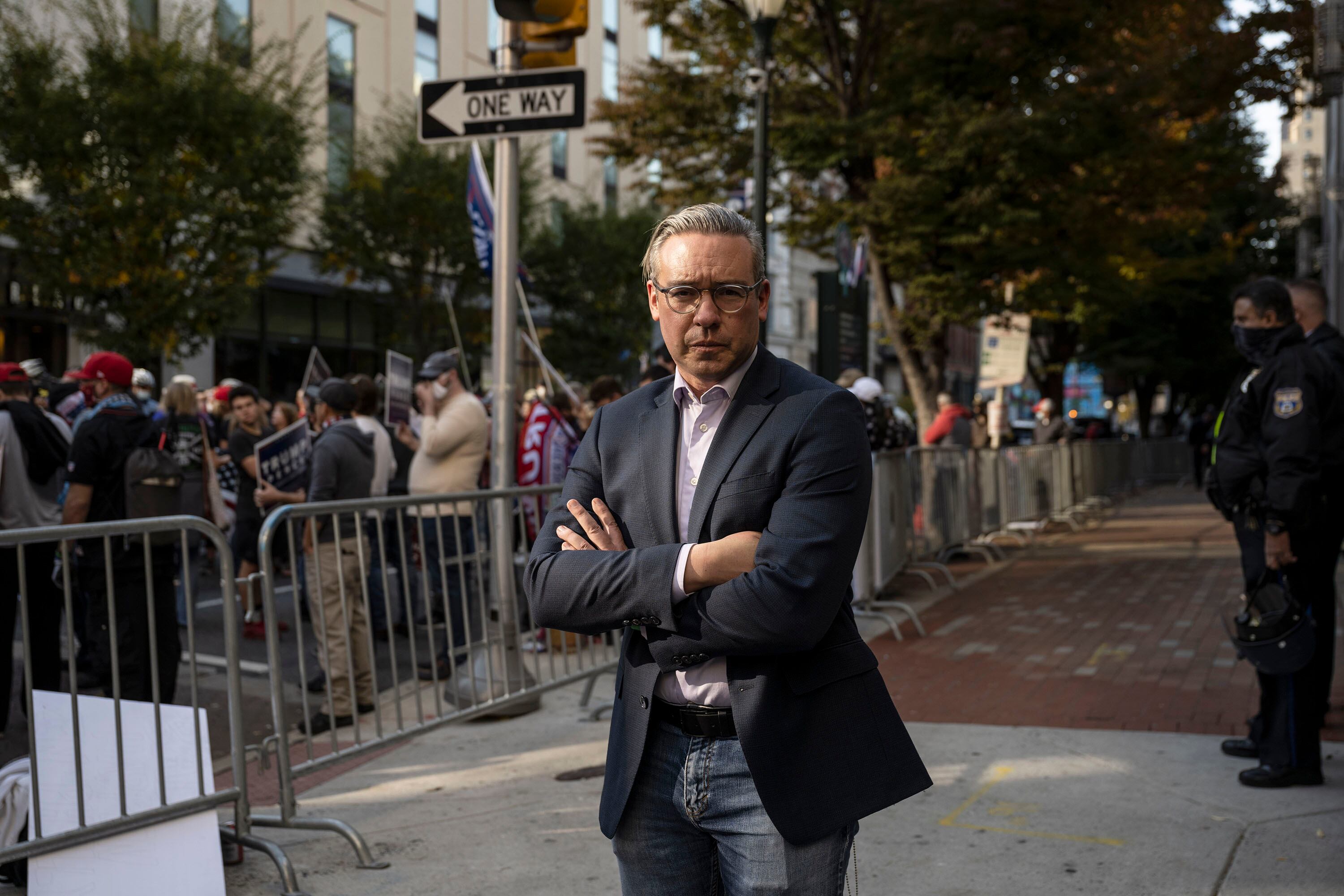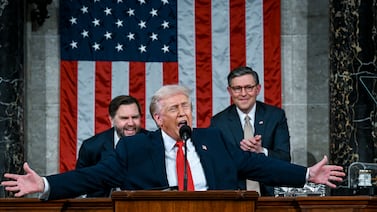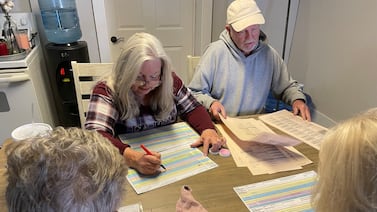Votebeat is a nonprofit news organization reporting on voting access and election administration across the U.S. Sign up for our free newsletters here.
This year, Pennsylvania voters will cast their ballots for president, members of Congress, top state offices such as attorney general and treasurer, and more.
In 2020, the state was subjected to false claims of election fraud fueled by former President Donald Trump. The claims led to a flood of lawsuits, some of which went to the state’s Supreme Court and sowed distrust in Pennsylvania’s election system.
On April 2, Al Schmidt, head of the Pennsylvania Department of State, joined Votebeat and Spotlight PA to discuss how his agency is working to create trust in our election system and combat misinformation. The event also included a Q&A with a University of Pittsburgh researcher on how to spot election misinformation.
Watch the event in full below:





